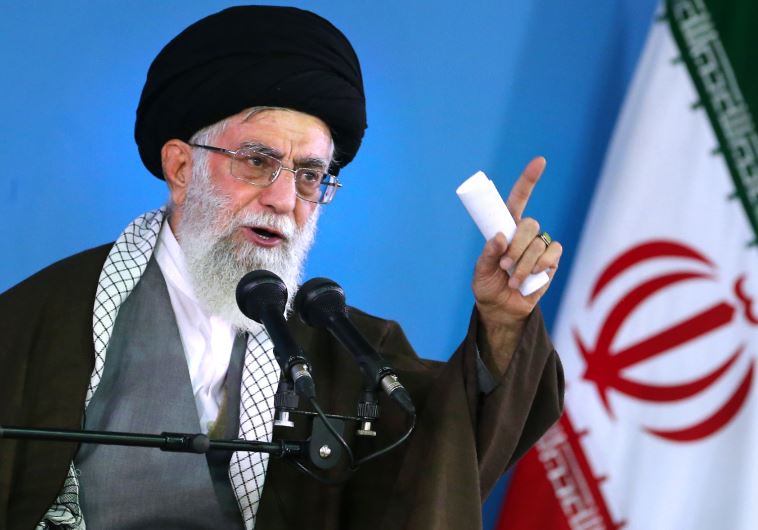West concerned with Iran's rhetoric ahead of nuclear deadline
Iran's Guardian Council passes 'red line' bill as Khamenei appears to reject key aspects of Lausanne framework.
 Iran's supreme leader, Ayatollah Ali Khamenei(photo credit: AFP PHOTO)Updated:
Iran's supreme leader, Ayatollah Ali Khamenei(photo credit: AFP PHOTO)Updated: